I tried the longevity regime and felt its benefits in days
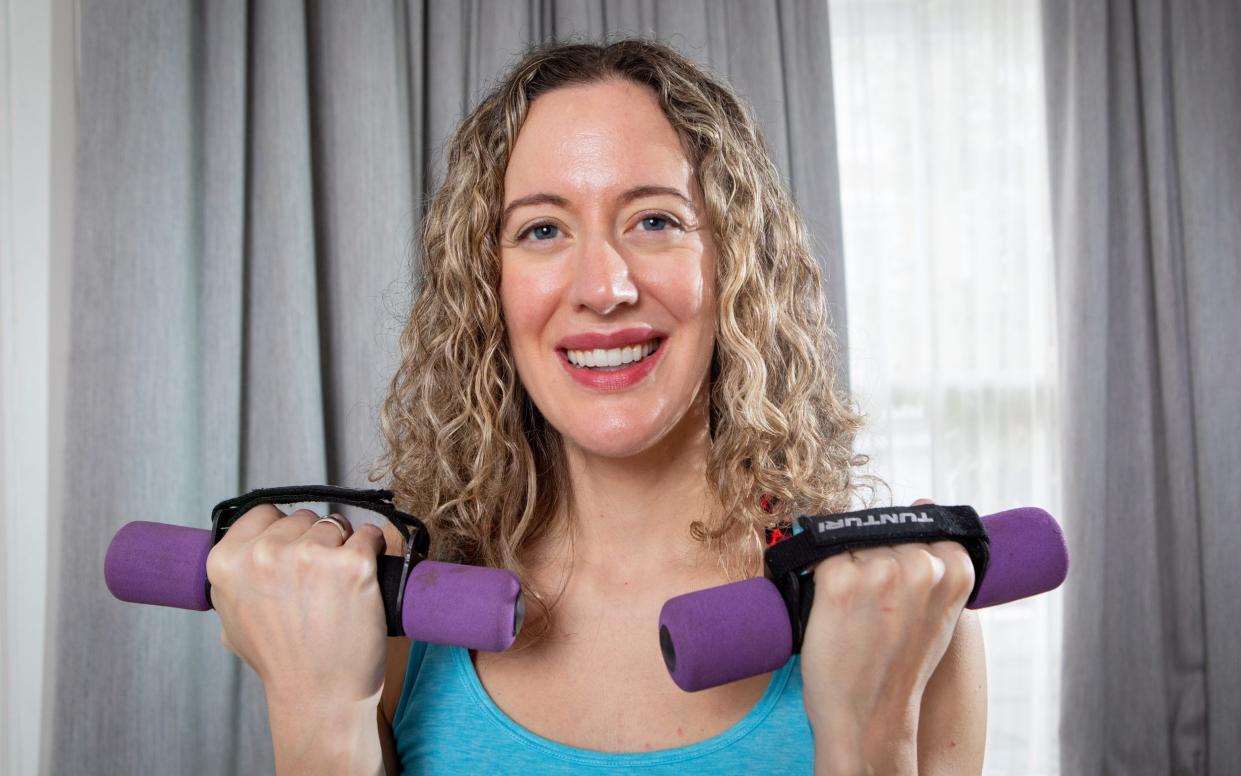
Why do some people live to be centenarians, enjoying good health and vitality long into old age? The answer lies partly in our genes, but the way we choose to live also has a major part to play – as much as 75 per cent, according to research.
Dan Buettner, the National Geographic fellow, is renowned for his work investigating the Blue Zones, the areas of the world with the highest populations of people aged over 100, including Okinawa in Japan and Sardinia in Italy. Using knowledge garnered from his decades of Blue Zones research, Buettner has launched a seven-day longevity programme which he promises will “set you on a path to taking actions that will provide long-term benefit”.
It inspired the Telegraph’s very own longevity reset, packed with science-backed actions which, if continued long-term, have been proven to increase our chances of living longer – everything from diet and exercise to small habit tweaks which make a surprisingly big difference.
“There’s so much we can do to influence the age we’ll live to, and most of it is simple and costs nothing,” says Dr Harpal Bains, a longevity doctor and the medical director at Harpal Clinic. “And in the course of a week you can start to see real changes, which will motivate you to continue.”
Day 1: Throw out the white carbs
We all know we should eat more vegetables, but most of us consume even fewer than we think. “Over the next seven days, take a picture of all your meals before you eat them,” suggests Dr Bains. “That will give you a better picture of what you need to work on.”
The optimum diet for longevity is one free from ultra-processed foods and low in sugar and refined carbohydrates, such as white bread and pasta. “So many of us are addicted to white carbs, and we don’t realise it,” says Stephen Critchlow, the founder of health and longevity platform Evergreen Life. Over long periods, the glucose spikes these trigger can cause inflammation, as well as obesity, Type 2 diabetes, heart disease and accelerated ageing.
Instead, Critchlow says: “Eat a rainbow of different vegetables, protein, some wholegrains and good fats.” Leslie Kenny, the founder of Oxford Healthspan and co-founder of the Oxford Longevity Project, recommends adding powdered greens to food if you don’t eat enough: “Add ¼ tsp of powdered wheatgrass or barley grass at first and titrate up gradually. It’s an easy way of boosting your intake.”
Beans are particularly linked to longevity: a 2004 study of people aged 70 and over found that for every two tablespoons of legumes a day individuals consumed, they reduced their risk of dying by eight per cent.
Nuts can also help us live longer. A review of evidence led by Imperial College London and the Norwegian University of Science and Technology found that people who ate 28g (a handful) of nuts a day had a 22 per cent reduced risk of dying early compared to people who almost never ate nuts.
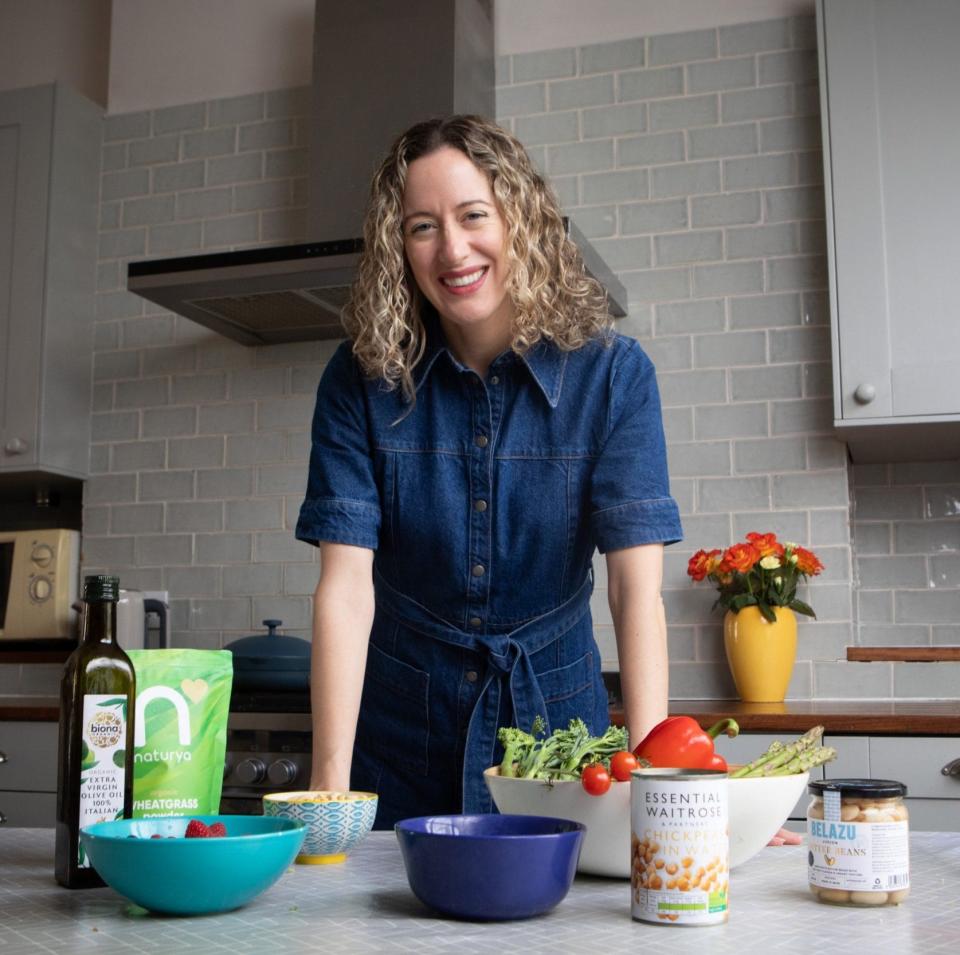
Day 2: Work on strength and balance
Can you stand up from a seated position on the floor without using your hands to help you? If it sounds difficult, it is – but, says Kenny, “your ability to do it is correlated with longevity.” A 2014 study involved 2002 adults aged 51-80 years who performed the exercise, which measures musculoskeletal fitness, with a point being subtracted from their total score each time they used a hand or knee to support themselves. Those who had lower scores were more likely to die within the following six years.
“The goal is to be able to stand up from a fully sitting position on the ground without using your hands and knees, and if you practise regularly, you can see a real improvement,” says Kenny.
Dr Bains suggests practising standing on one leg, too. According to a study published in the British Journal of Sports Medicine, people who can’t do this for 10 seconds have been found to be almost twice as likely to die within 10 years as those who can. “Practise doing it while you’re brushing your teeth or making a cup of tea, then change feet,” says Dr Bains. “Do it with your eyes closed, too. If you do it every day, you’ll find you can do it longer and be less wobbly by the end of the week.”
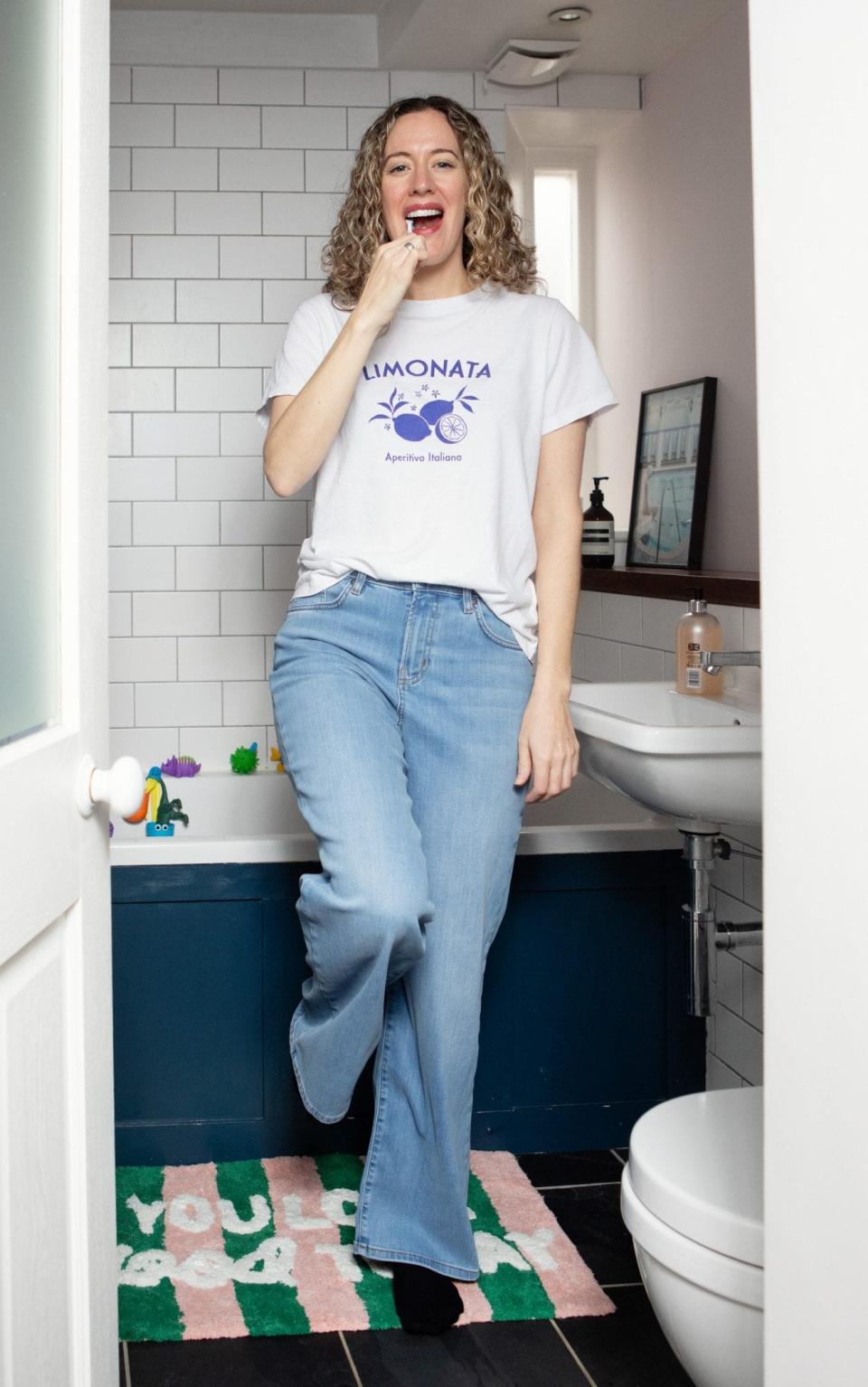
Day 3: Feed your gut
The importance of our gut microbiome – the community of bacteria, fungi and viruses within our intestines – to our overall health is now well-known, and there is also a direct link between gut health and longevity. A 2023 study compared the microbiome of Japanese and Sardinian centenarians with that of younger adults, and found that there was more diversity in the centenarians’ bacteria and bacterial viruses, meaning their microbiome was healthier. “We expect people with a healthy gut microbiome to be better protected against ageing-related diseases,” said Dr Joachim Johansen of the University of Copenhagen, who authored the study.
Looking after our gut health should clearly be a priority, then. According to Dr Bains, the first task is to eliminate any foods which cause bloating and gas. “They’re signs of a gut dysbiosis, where the bacteria in your digestive tract becomes unbalanced,” she says. “Eliminating gluten, lactose and nightshades such as tomatoes and then reintroducing them one at a time should reveal which one is the culprit.”
Introducing more good bacteria is vital, too. “Fermented foods such as kimchi, sauerkraut and live yogurt are great, as are probiotics, but make sure you change brands regularly to get a diversity of species.”
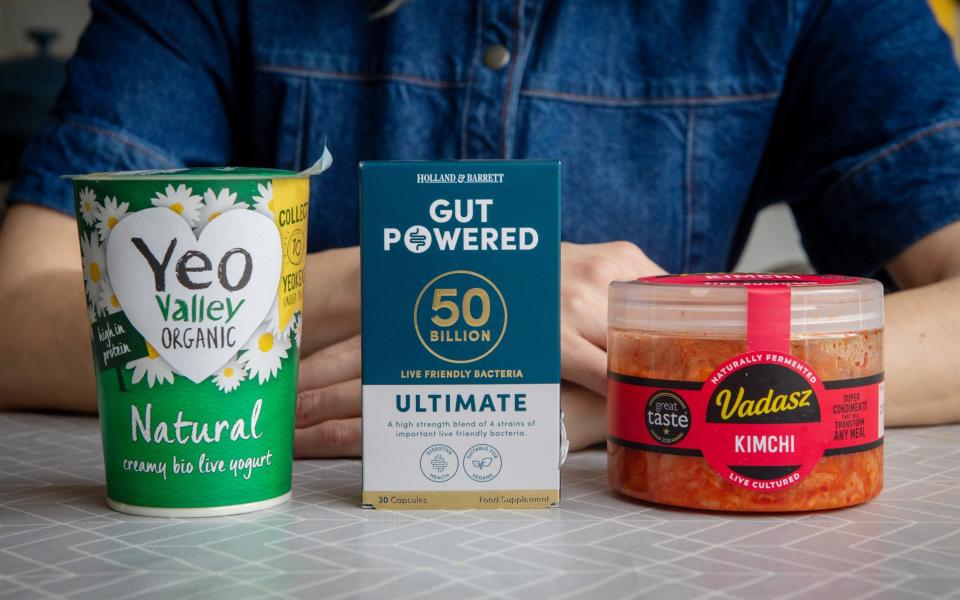
Day 4: Walk – and lift weights
“One of the simplest ways to radically improve your chances of living a long life is walking,” says Critchlow. Although we’re encouraged to manage 10,000 steps per day, research shows that less than that can still have real benefits. One recent study found that every 1,000 daily steps taken were associated with a 15 per cent decreased risk of death from all causes, while a Polish study published last year found 4,000 steps a day is enough to “significantly” reduce the risk of mortality.
Weight-bearing exercises, such as lifting weights, sit-ups, press-ups and Pilates are particularly important as we age, and muscle mass decreases. There’s evidence to suggest they can lengthen life, with one study of people aged over 65 finding that no matter how much aerobic exercise they did, participants who did strength training at least twice a week had a lower risk of dying than those who did less. Household chores, such as gardening – a major part of life in Okinawa, one of the Blue Zones – give the same benefits.
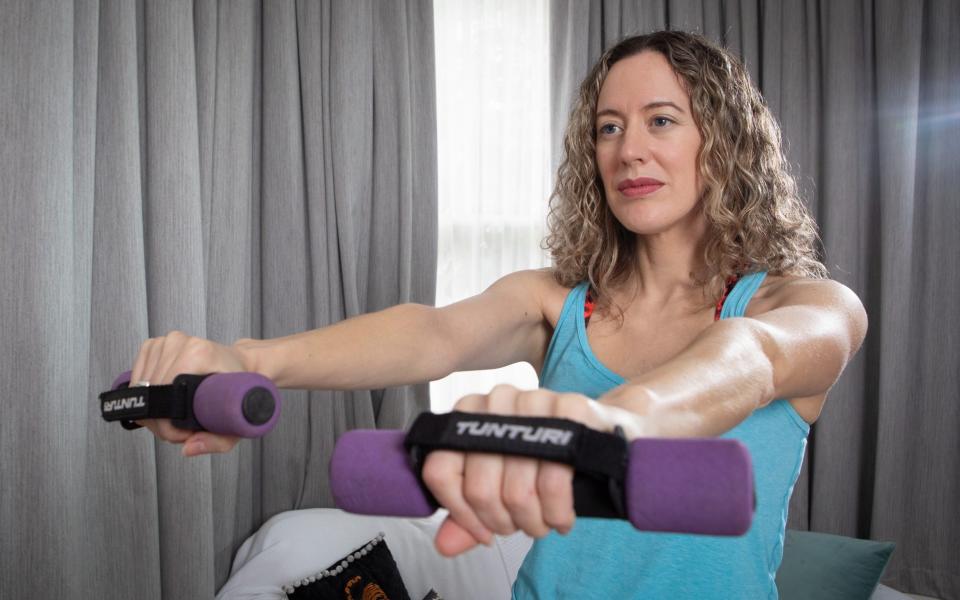
Day 5: Get outside
The populations of all five of the Blue Zones spend a great amount of time outdoors: Sardinians enjoy daily passeggiata after meals, in which they go on long walks outside, while the Nicoyans of Costa Rica spend their days farming and riding horses.
It’s not surprising. Spending time outside, preferably somewhere green, is associated with everything from enhanced sleep and lower stress to better heart health and improved memory. Research has also linked greater exposure to green space with a 12 per cent lower mortality rate – so try to start getting out into nature every day, if possible.
“I recommend getting outside within the first half-hour of your day – drink your morning coffee in the garden,” says Critchlow. “The daylight kickstarts your circadian rhythm and when that’s off, all-cause mortality increases. It also helps us feel happier and more productive during the day.” If this isn’t possible, spending 30 minutes outside at some point in the morning is also beneficial.
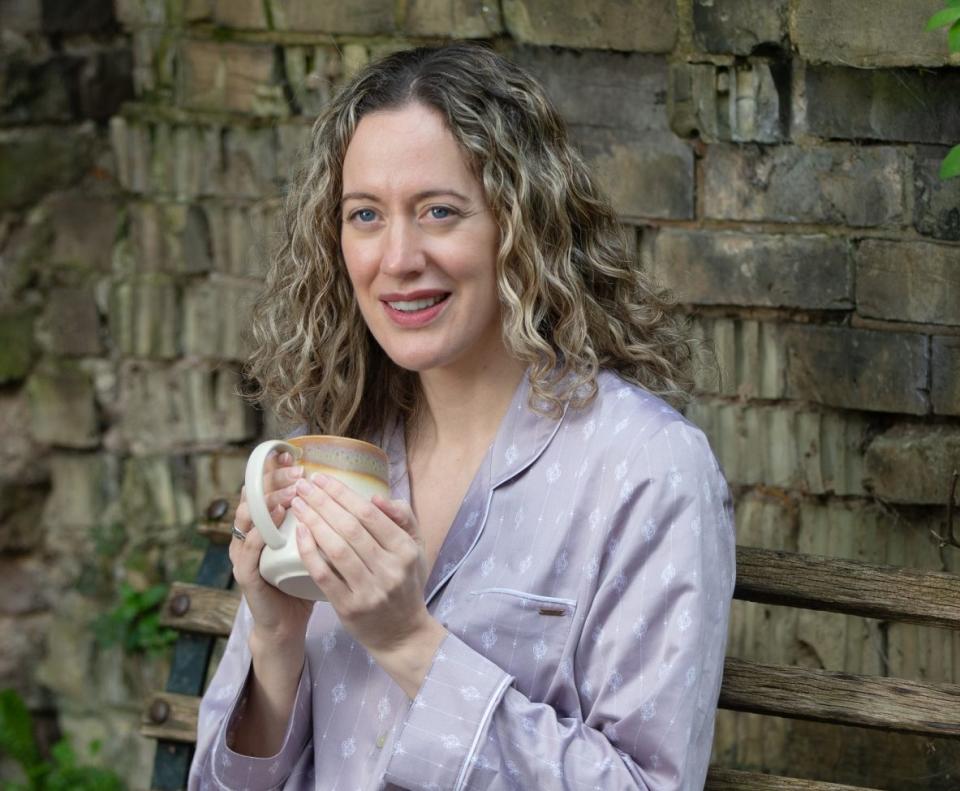
Day 6: See a friend
The Blue Zones’ inhabitants all remain socially engaged every day well into old age, and if we want to live longer, we need to socialise as regularly as possible.
The Harvard Study of Adult Development followed 268 Harvard graduates since the Great Depression. It found that how happy they were in their relationships had the most powerful influence on all areas of their health. In fact, those who were most satisfied in their relationships at age 50 were the healthiest at 80.
Research shows that social interaction is especially helpful in reducing the risk of neurodegenerative illnesses such as dementia. So even if you’re busy, aim for one uplifting exchange every day, even if only brief.
Day 7: Prioritise sleep
Good sleep is vital for longevity. A US study last year looked at 172,321 people, with an average age of 50, and scored their sleep based on five different factors including duration, ease of falling asleep and staying asleep. Among those who reported having all five quality sleep measures, life expectancy was 4.7 years higher for men and 2.4 years higher for women, compared to those who had none or one of the elements.
To optimise sleep, Leslie Kenny recommends going to bed by 10pm. “Research shows that the glymphatic system jumps into action and takes waste out of the brain between 10pm and 2am,” she says. “If you miss this window, you miss the opportunity for that regular ‘cleaning’ to take place.”
Eliminating caffeine within eight hours of bedtime and minimising alcohol will promote a good night’s rest. Magnesium supplements have been proven to improve sleep, and, since the compound is involved in more than 300 different processes in the body, including DNA repair and energy production, they have many other benefits, too. Kenny also suggests putting away all screens an hour before bed, to prevent the blue spectrum light interfering with sleep.

The verdict
As a white carb addict, I found eliminating these difficult at first, but by replacing them with pulses, wholegrains, nuts and beans, I didn’t feel hungry. I incorporated live and fermented food into my diet, added green powder to my dinner and started taking a daily probiotic. By the end of the week, I’d lost 2lbs and felt more energetic and far less bloated.
My balance isn’t bad, but attempting – and failing – to stand from sitting on the floor without using my hands, I quickly realised my core strength needed work, so I resumed the Pilates sessions I did before having my son, who is now four years old. I still have some distance to go, but I found that focusing on increasing my strength and walking felt attainable and gave my workouts a sense of purpose.
I also noticed that spending more time outdoors and making a point to call a friend for a quick chat at the end of the day made me feel less stressed, despite a frantically busy week dealing with a family health crisis.
After a week on the plan, I feel stronger, lighter and determined to try to continue.

 Yahoo News
Yahoo News 
